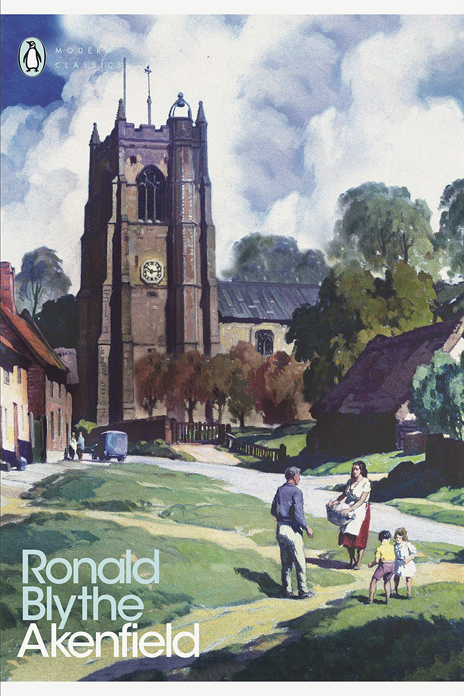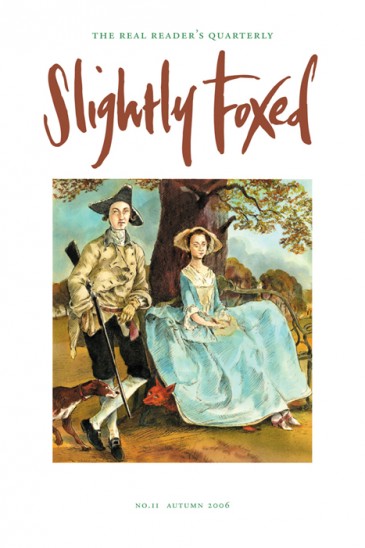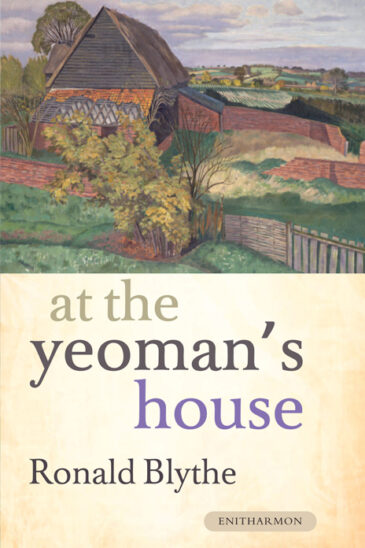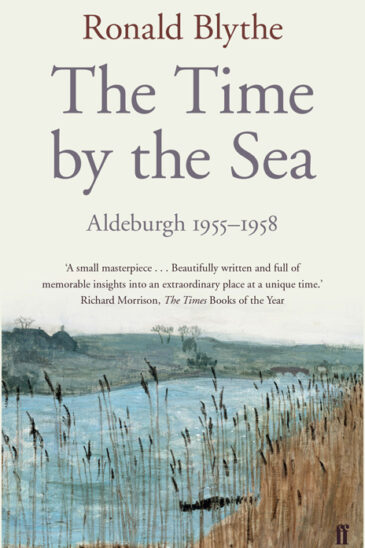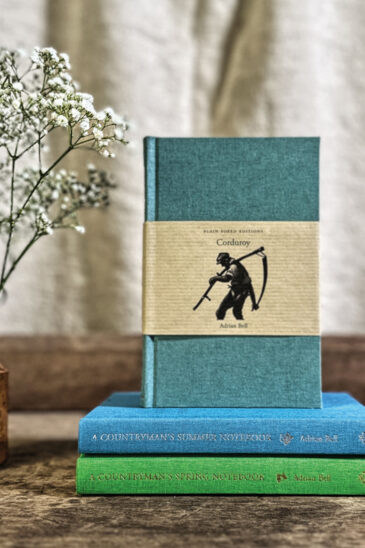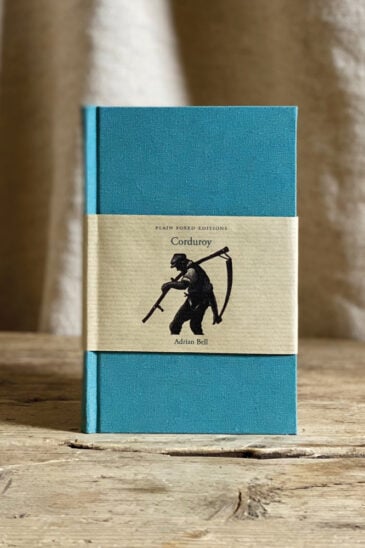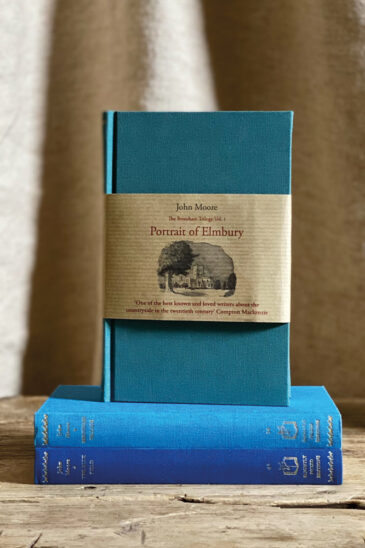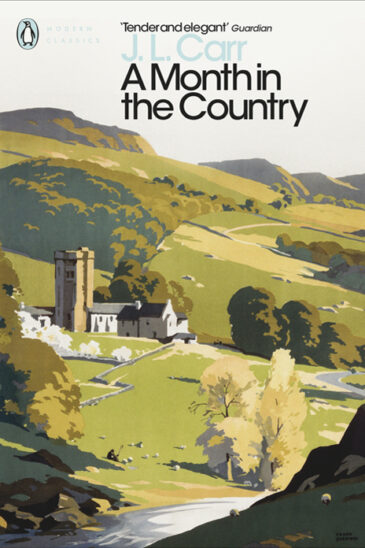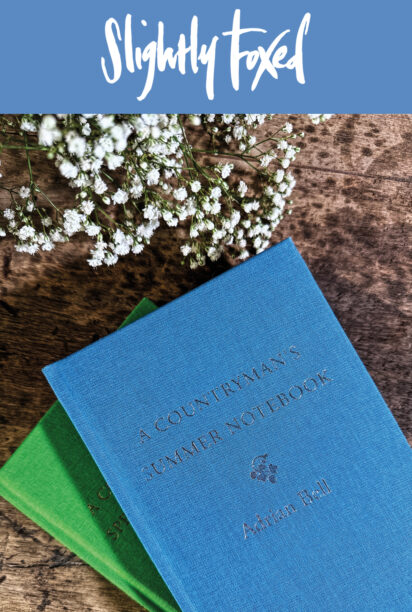Providing insights into farming, education, welfare, class, religion and death, Akenfield forms a unique document of a way of life that has, in many ways, disappeared.
This colourful, perceptive portrayal of English country life by Ronald Blythe reverberates with the voices of the village inhabitants, from the reminiscences of survivors of the Great War evoking days gone by, to the concerns of a younger generation of farm-workers and the fascinating and personal recollections of, among others, the local schoolteacher, doctor, blacksmith, saddler, district nurse and magistrate.
Published in 1969, Akenfield became an instant classic, and, since then, it has never been out of print. From the first sentence – ‘The village lies folded away in one of the shadow valleys which dip into the East Anglian coastal plain’ – it is clear that this is a book to slow down for, and to relish.
‘A hundred years from now, anyone wanting to know how things were on the land will turn more profitably to Akenfield than to a sheaf of anaemically professional social surveys.’ Guardian
A Private, Circumspect People
Shortly after the end of the Second World War, the Royal Society of Literature took out a long lease on a white stucco Bayswater house, formerly the home of General Sir Ian Hamilton, leader of the...
Read moreMellow Fruitfulness
What do we lose when we become a nation of urbanites? A connection to nature, sometimes – though not necessarily. An awareness of the seasons, an understanding of the farming year; a sense of...
Read moreLight Reading
When my old friend the artist John Nash died I inherited his books. I imagined him reading them by lamplight, just as I read when I was a boy, the twin wicks faintly waving inside the Swan glass...
Read more




